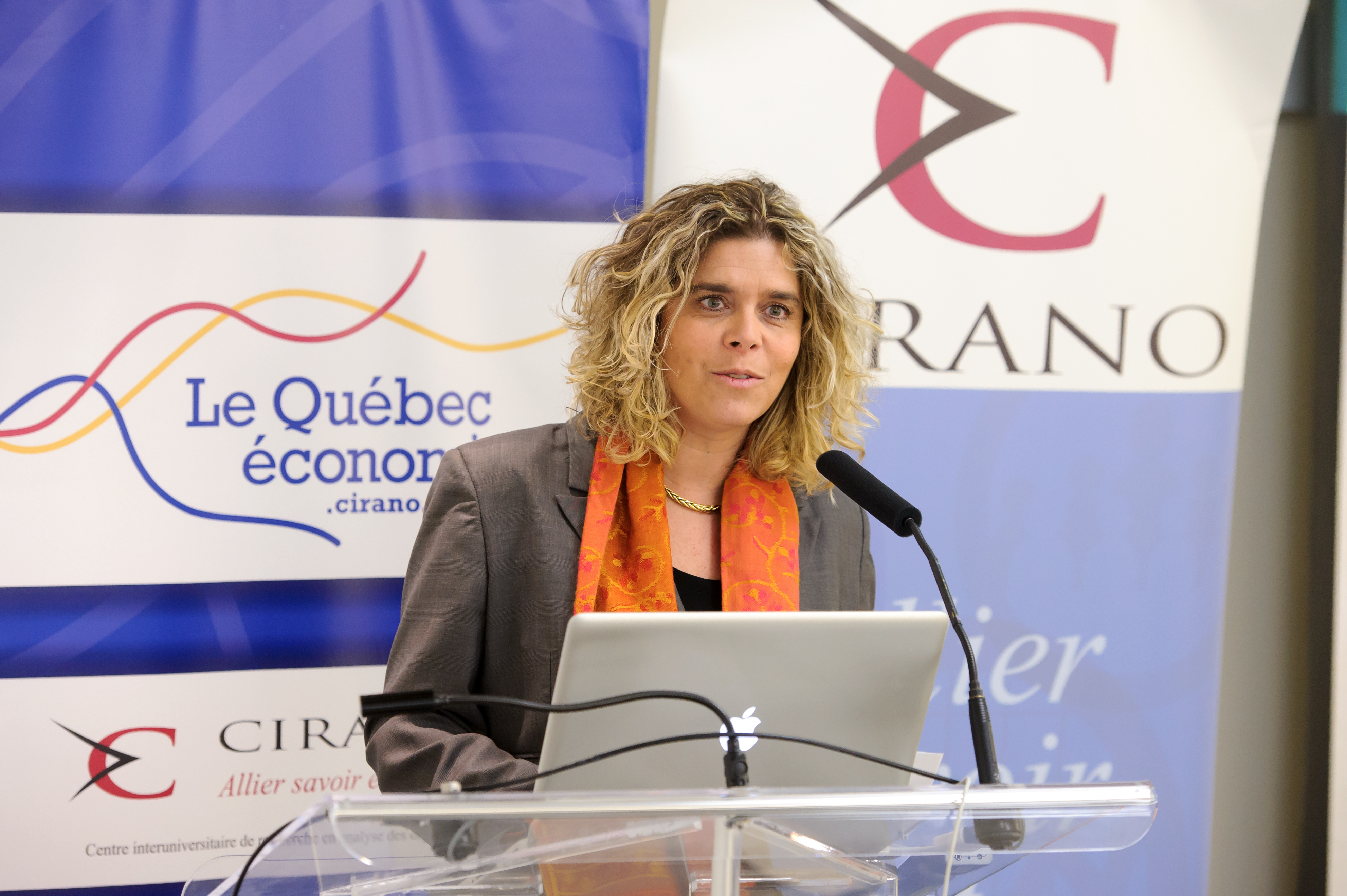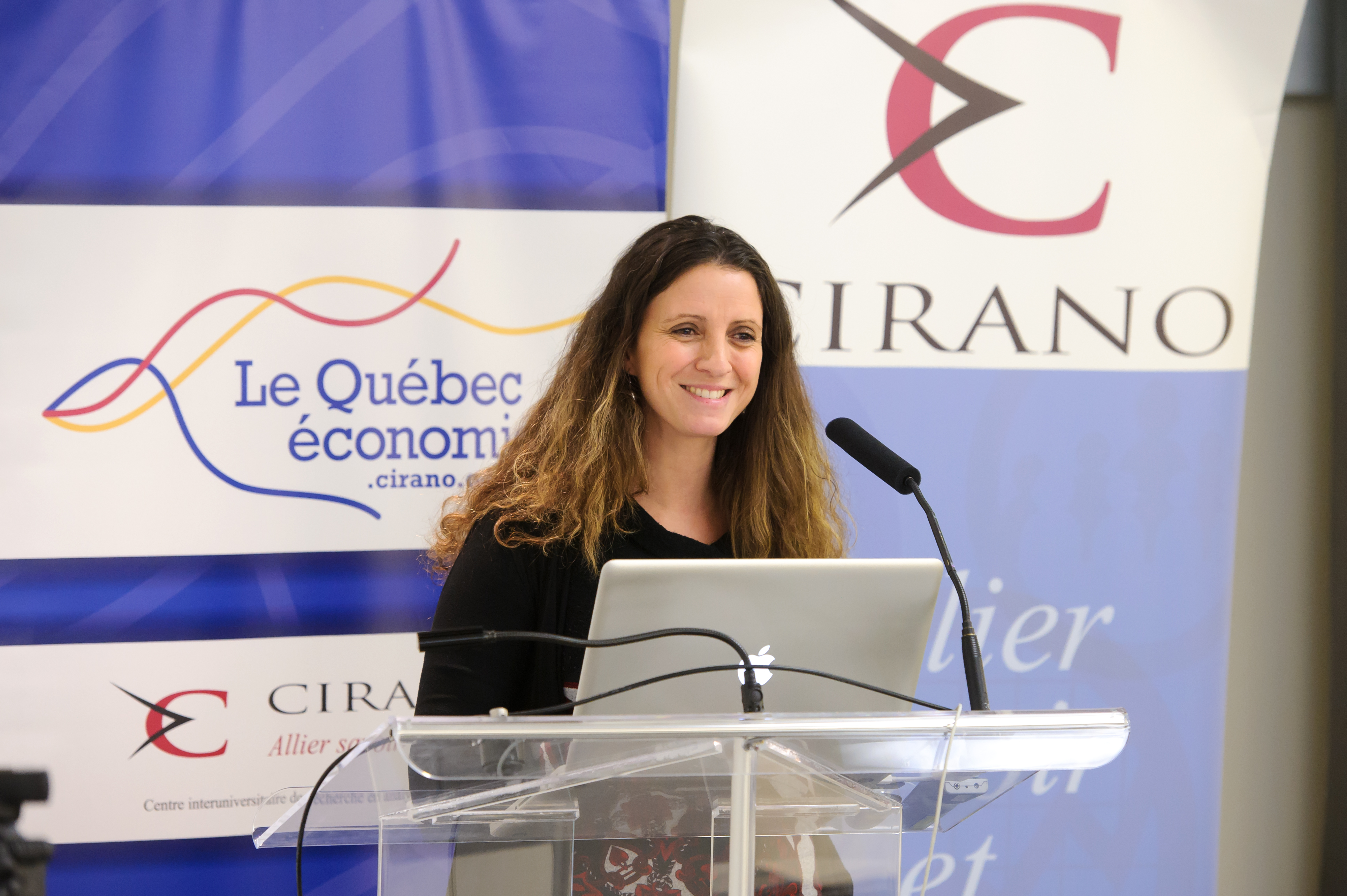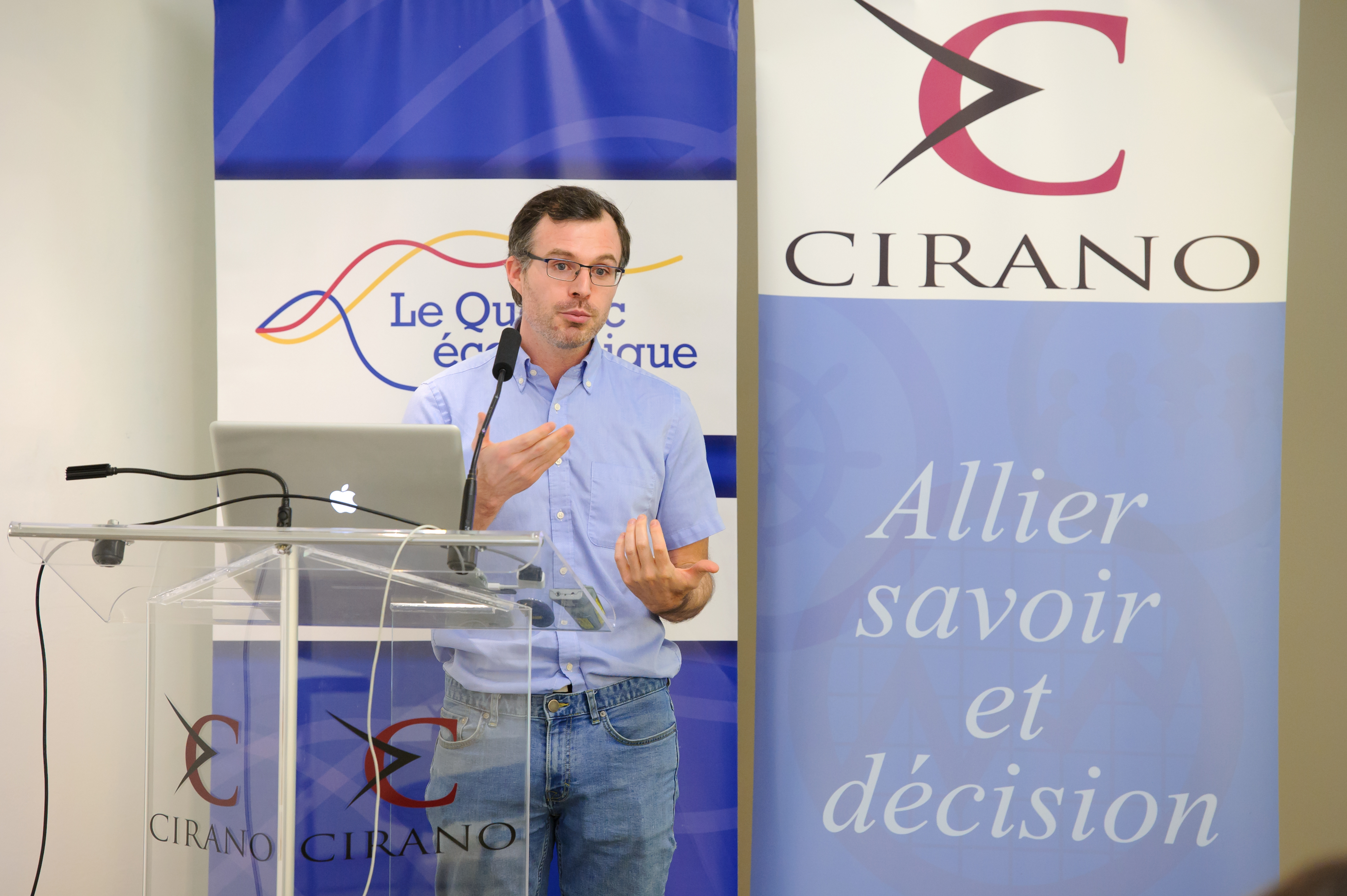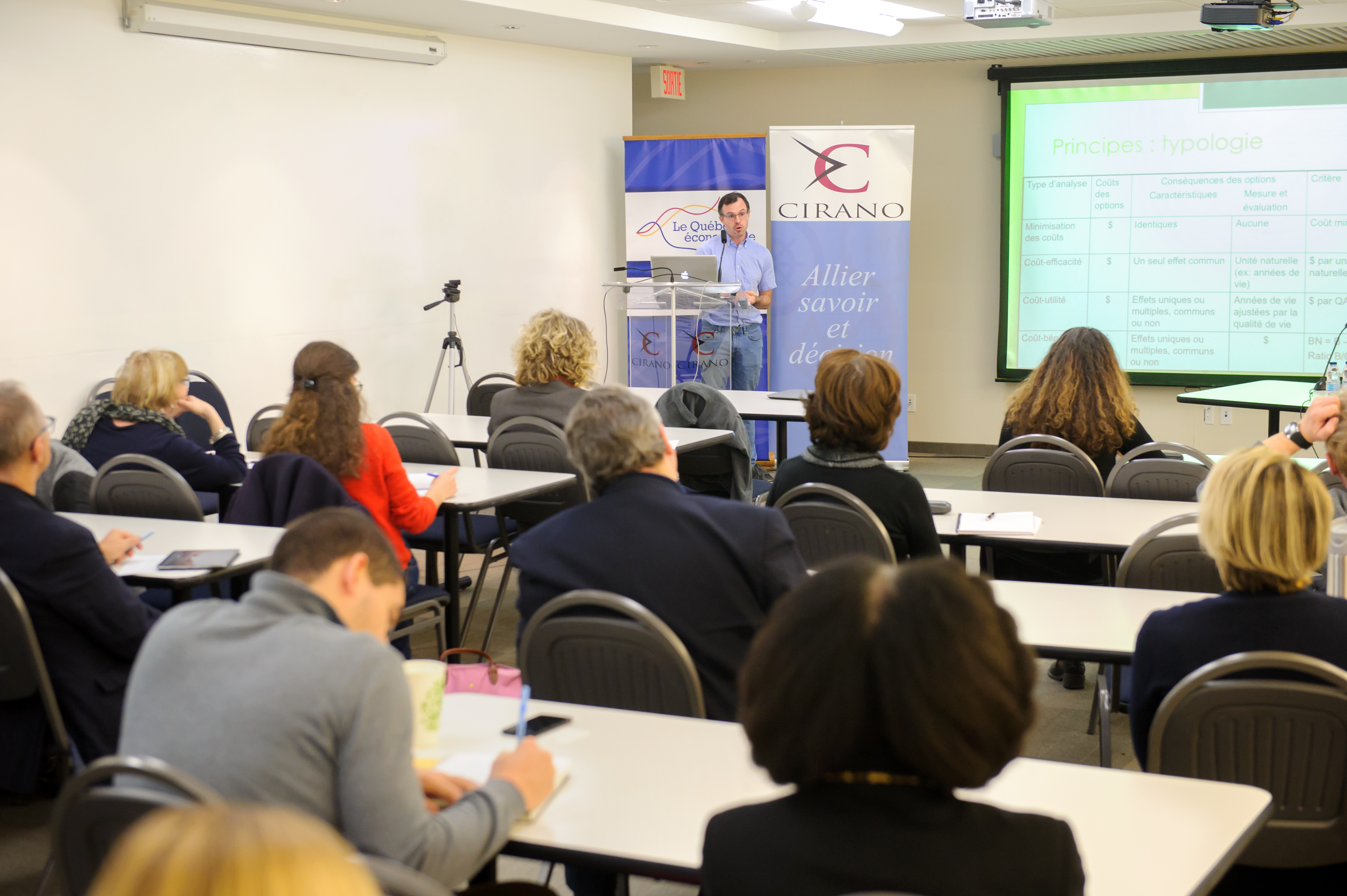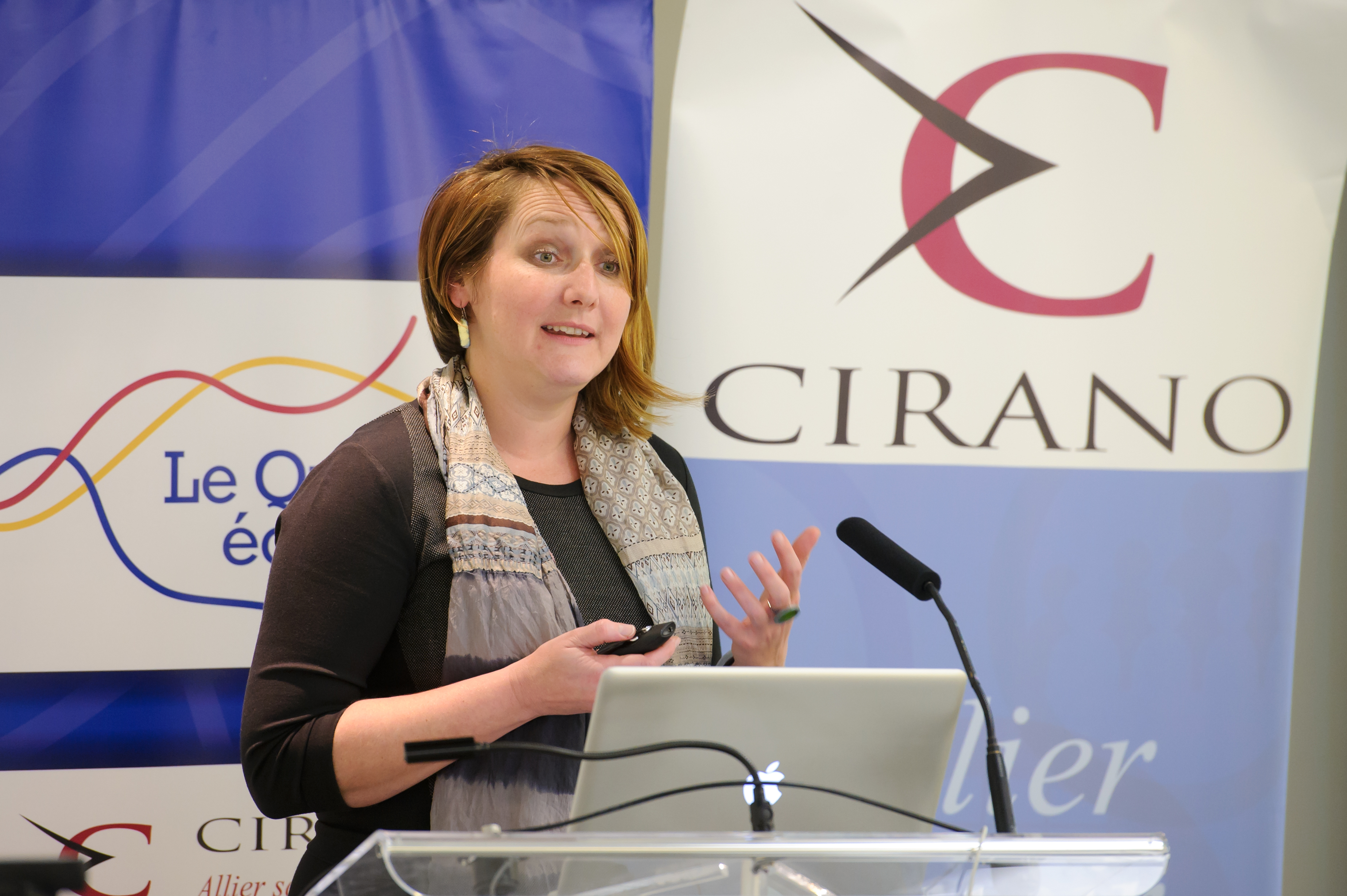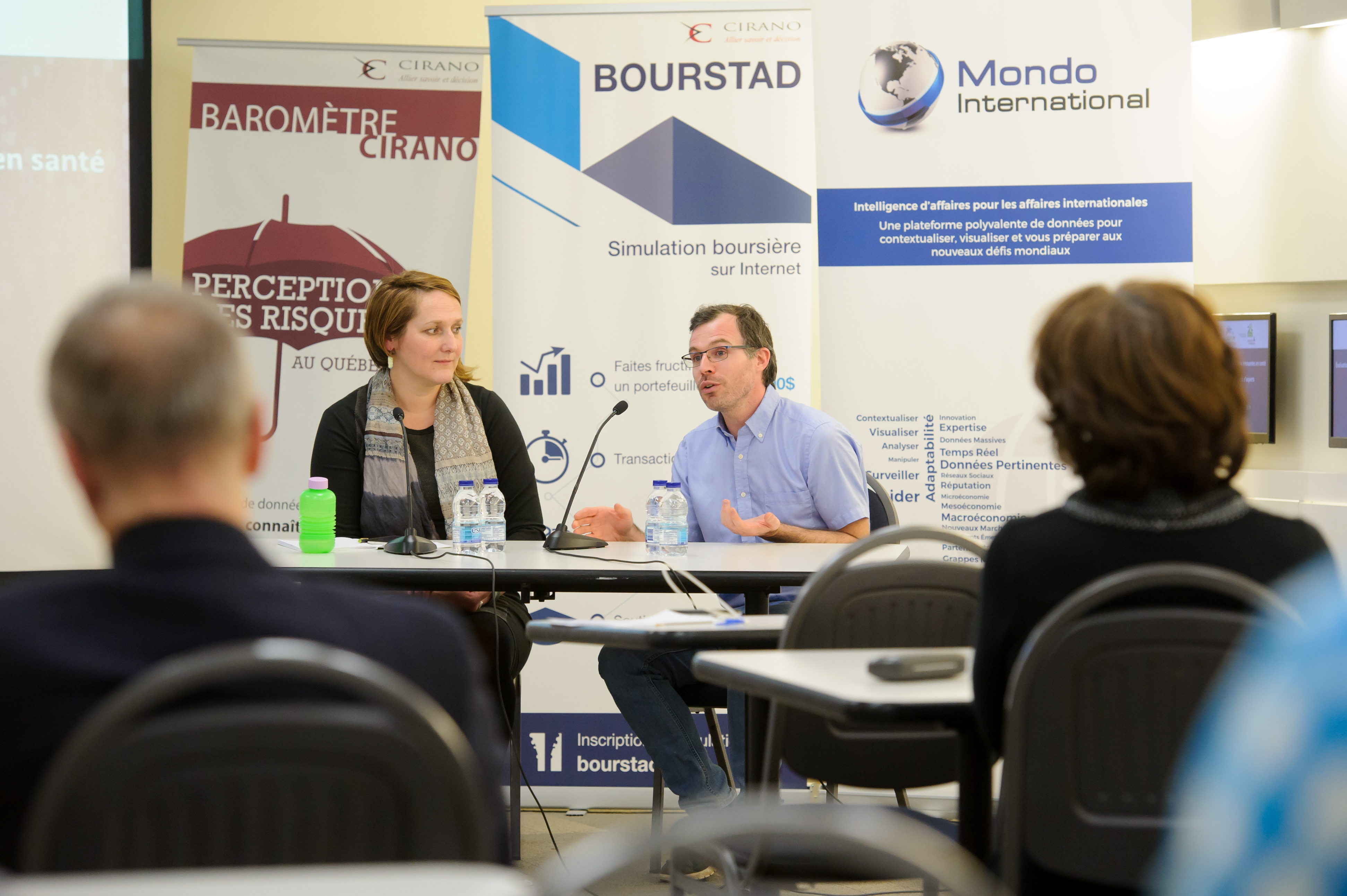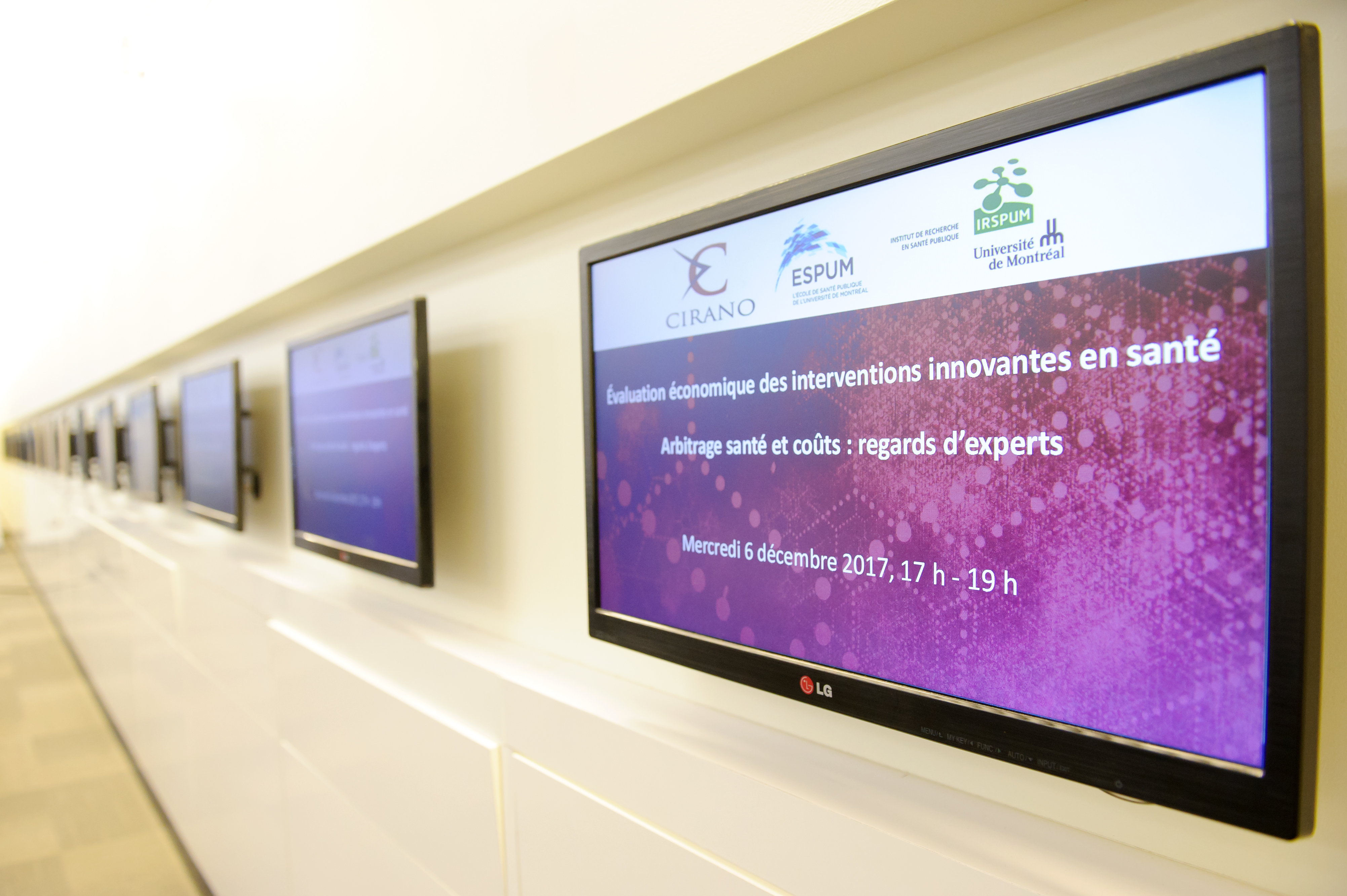Experts views on arbitration between health and costs
The existence of constraints on budgetary resources has led public authorities to rely upon specific tools to optimize the set of treatment and health services available to any insured individuals. To meet this objective of efficient management under this budget constraint, it is required to consider the cost along with the expected benefits of any new investment. The economic evaluation of new health interventions comparing the effectiveness and cost of innovative interventions with conventional interventions is key to comply with the aim of an efficient allocation of resources. In particular, the concept of QALY, which jointly measures the gained life years and the quality of life of those additional life years has become the preferred tool for the comparison between new treatments across different pathologies. The use of QALYs leads the researcher to undertake a cost-utility analysis.
This panel brought together two experts in health economics, who will discuss the issues and challenges associated with cost-utility studies in health by illustrating them from British, French and Quebec studies.








